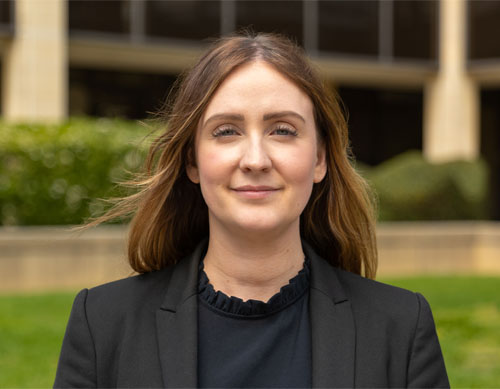The Importance of Privacy When a Family Dispute Goes to Court
If you are going through a divorce, or are trying to agree child arrangements or settle care proceedings, it can be difficult to bite your tongue when things do not go your way. The temptation to share your frustrations can be even greater when the court is involved in making decisions for you, but as Simon Leach, family law expert with Family Law Group in Nottingham explains, keeping matters private in these circumstances is very important.
“Airing your dirty laundry in public is never a good idea when it involves family matters, and particularly where children are involved. It is also something you should avoid when matters end up before the court because of the potential harm it could do to your case and the likelihood of you getting a positive outcome”, says Simon.
Who is allowed in court?
When you go to court about a family matter, the judge in charge will usually only allow you and a handful of other interested people to be involved in the proceedings and to have sight of any relevant court papers and reports.
If you are getting divorced, it is likely that only you, your former spouse and your respective solicitors, barristers and court-authorised experts will be allowed to participate in the proceedings.
In cases involving children, permission may also be given for social workers and other professionals to become involved, as well as someone from the Children and Family Court Advisory and Support Service (CAFCASS) appointed to look after the interests of your children.
You may also be permitted to have a support worker in attendance. For example, if you have been a victim of domestic abuse you may have someone from Women’s Aid with you.
Members of the press and general public (including friends and relatives) will generally be excluded to protect your privacy.
Who can I discuss my case with?
You can discuss your case with your legal team and with anyone appointed to help you try to resolve matters amicably, such as a family law mediator. You can also discuss how you are feeling about the case generally with your family and friends, but must not mention anything to them that the court has specifically told you not to discuss and under no circumstances must you show them any court papers or reports.
Posts to Facebook and other social media platforms are definitely a bad idea. Not only will they attract disapproval from the judge, they could also amount to contempt of court if you reveal confidential or sensitive information. Personal attacks about the character of your former spouse, or the competency of the professionals involved in the case, could also be libellous and result in civil proceedings and a claim for compensation being brought against you.
Will details of my case be reported in the press?
Journalists are not allowed to attend court to hear cases concerning children. They are, however, allowed to attend to hear other types of case, such as those concerning financial arrangements following divorce.
Unless yours is a particularly unusual or interesting case that has the potential to change or clarify the law on a particular matter, or you happen to be a high-profile individual or celebrity, it is unlikely that the press will be interested in attending court to hear your case or subsequently report on it.
Occasionally, the court may give permission for cases to be reported in circumstances where the proceedings would usually have been private. This may happen, for example, where publicity is needed to help locate a child who has been abducted or where there is significant public interest in a case and everyone involved agrees that it should be reported on.
For a confidential discussion about privacy in family law matters, or for help and advice on any other family law issue, please contact Simon Leach on 0115 945 4555 or email mail@familylawgroup.co.uk










_LR.jpg)

LR%20office.png)
